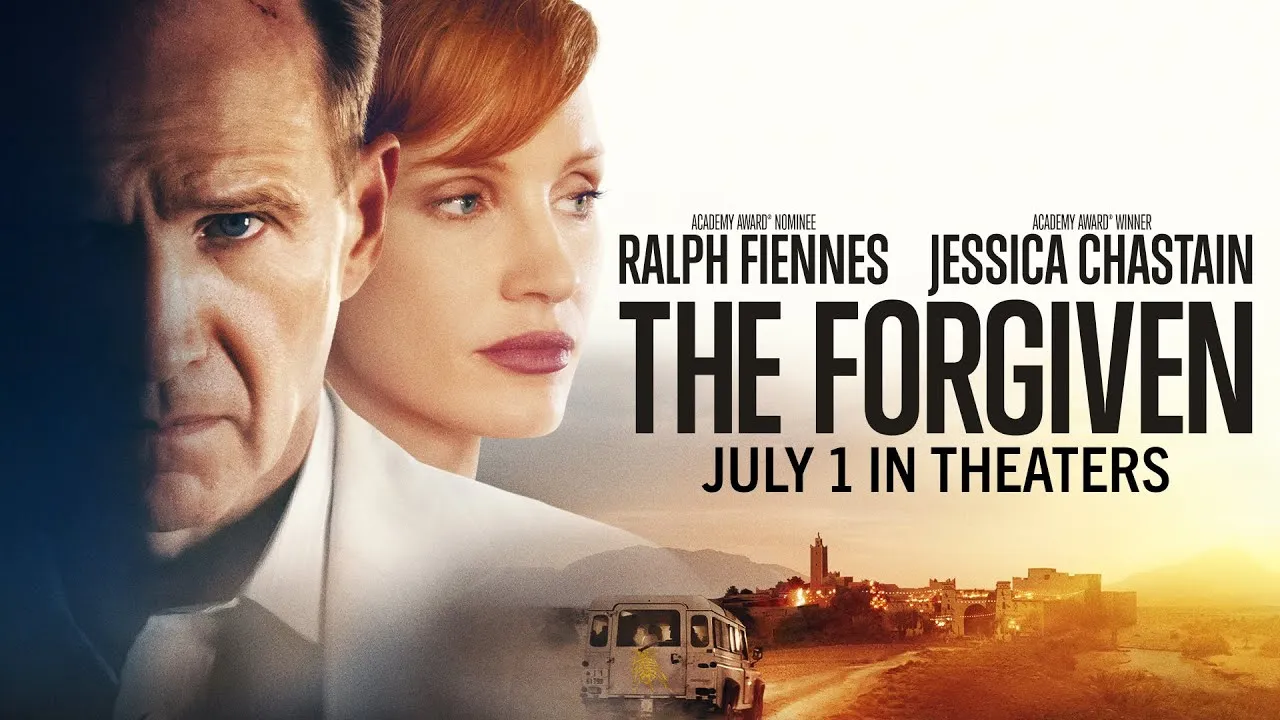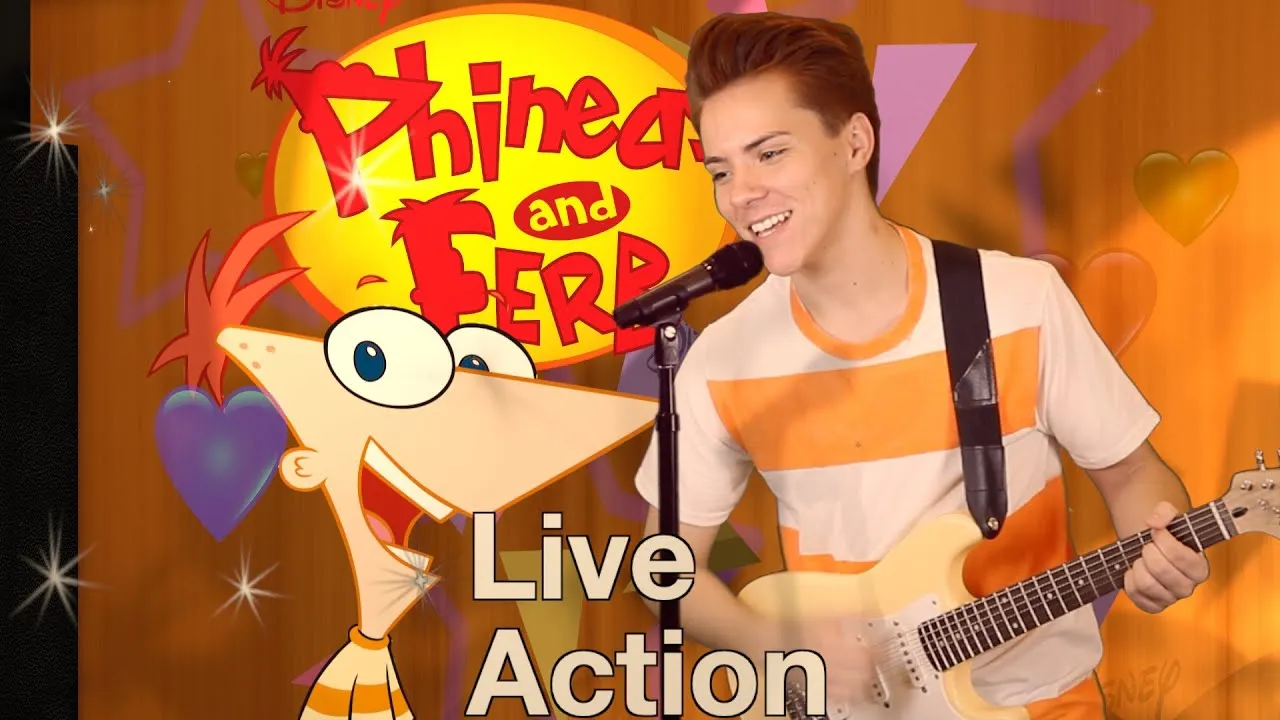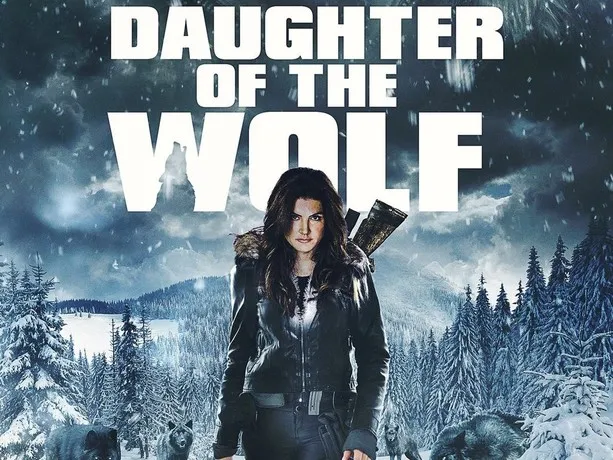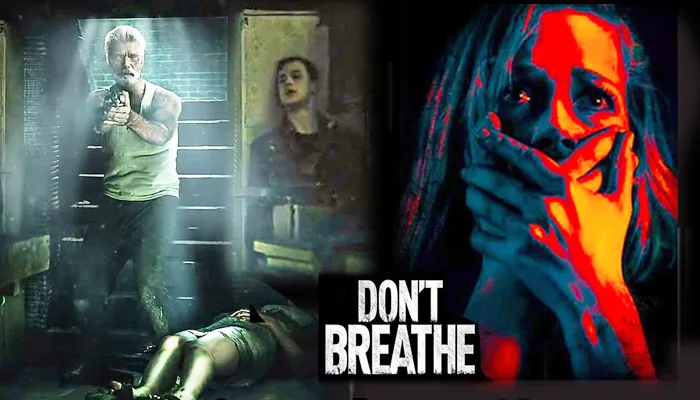The Coolest Chaos Ever Filmed – And Why It Still Defines a Generation
When Quentin Tarantino unleashed Pulp Fiction into the world in 1994, he didn’t just release a film — he detonated a cinematic bomb. Out of the shattered pieces of conventional storytelling, character development, and film structure, he built something wholly original: a neo-noir fever dream, spiked with pop culture references, stylized violence, and unforgettable dialogue.
Three decades later, Pulp Fiction hasn’t aged — it’s matured into a cultural monument. The suits, the dance, the briefcase, the Bible verse, the non-linear timelines — all of it remains deeply embedded in the collective memory of film lovers around the globe.
Pulp Fiction is famously nonlinear, a mosaic of intertwined stories from the seedy underbelly of Los Angeles. At the center of it all are Vincent Vega (John Travolta) and Jules Winnfield (Samuel L. Jackson), two philosophical hitmen working for the mysterious mob boss Marsellus Wallace (Ving Rhames).
Their storyline includes everything from discussing McDonald's in France to surviving a divine bulletstorm, but their real arcs lie in choices — one falls deeper into violence, the other seeks redemption.
Alongside them is:
-
Mia Wallace (Uma Thurman), Marsellus's enigmatic wife, whose overdose scene is etched in cinematic history;
-
Butch Coolidge (Bruce Willis), a boxer on the run after double-crossing Marsellus;
-
And a mysterious golden briefcase that shines with unspeakable allure, never revealed but always hypnotic.
The film loops through its stories with Tarantino’s signature blend of banter, brutality, and bizarre brilliance — culminating in a diner robbery gone sideways and a righteous monologue that might just be the greatest scene of Jackson’s career.
Tarantino’s genius lies not in reinventing morality, but in exposing its contradictions. The characters of Pulp Fiction operate in a world without rules — but they constantly grapple with meaning. Jules speaks of divine intervention, Vincent dances with danger, Butch seeks honor in a dishonorable life.
The film is soaked in irony — hitmen who talk like philosophers, a glowing briefcase that never gets explained, and violence that is somehow hilarious, horrifying, and poetic all at once.
It raises the question: If God doesn’t intervene, what does? Luck? Chance? Redemption? Or just cool music and slick editing?
Tarantino’s style in Pulp Fiction is so iconic that it’s now almost cliché — but at the time, it was groundbreaking. The way he blends:
-
Obscure 70s music with contemporary cool
-
Unconventional narrative structures
-
Everyday conversations about cheeseburgers and foot massages before cold-blooded murder
…was revolutionary. It changed how people thought movies could sound and feel.
The editing by Sally Menke, Tarantino’s longtime collaborator, deserves just as much praise. The film’s pacing — despite its length and lack of traditional build-up — never drags. Scenes unfold like chapters in a novel, each revealing character through action and conversation, not exposition.
And then there’s the dialogue. Every line in Pulp Fiction feels quotable, from Jules’s righteous fury to Butch’s samurai sword revenge. Tarantino didn’t just write lines — he wrote mantras.
Every actor in Pulp Fiction delivers career-defining work.
-
John Travolta’s career was reborn through Vincent Vega. His performance is tragic, comedic, and oddly vulnerable.
-
Samuel L. Jackson as Jules is sheer electricity. His blend of biblical menace and streetwise logic became instantly legendary.
-
Uma Thurman’s Mia is mysterious, magnetic, and strangely tragic. Her scenes with Travolta pulse with chemistry and foreboding.
-
Bruce Willis offers surprising depth as Butch, a boxer caught between past sins and future freedom.
Even side characters like The Wolf (Harvey Keitel) and Pumpkin & Honey Bunny (Tim Roth and Amanda Plummer) are unforgettable. Every role, no matter how small, is fully realized and distinct.
Pulp Fiction won the Palme d’Or at Cannes, was nominated for seven Oscars, and won Best Original Screenplay. But more than awards, its influence was seismic. It:
-
Redefined indie film in the ‘90s
-
Spawned a wave of Tarantino imitators (few as successful)
-
Cemented Miramax as a powerhouse studio
-
Brought violence and art-house storytelling into mainstream conversation
Today, you can see Pulp Fiction’s DNA in shows like Breaking Bad, films like Baby Driver, and even modern TikTok montages. Its coolness remains unmatched.
Tarantino has always rejected the idea of a direct sequel — and rightfully so. Pulp Fiction doesn’t need one. But fans have long fantasized about a spinoff featuring The Vega Brothers, or a grown-up version of Butch returning to the ring.
Still, the magic of Pulp Fiction lies in its perfect self-containment. Like the contents of the briefcase, its brilliance is best left untouched — mysterious, golden, and glowing in our minds.
Pulp Fiction is more than a movie — it’s a manifesto. It says you can tell stories differently, speak with rhythm, shoot with swagger, and still say something meaningful. It’s about grace in unexpected places, violence with purpose, and redemption where you least expect it.
Even thirty years later, it’s hard to find a film that so effortlessly balances style and substance, humor and horror, chaos and clarity.
Rating: 10/10
Verdict: Unforgettable, unapologetic, and utterly original — Pulp Fiction didn’t just break the rules. It rewrote the playbook.






